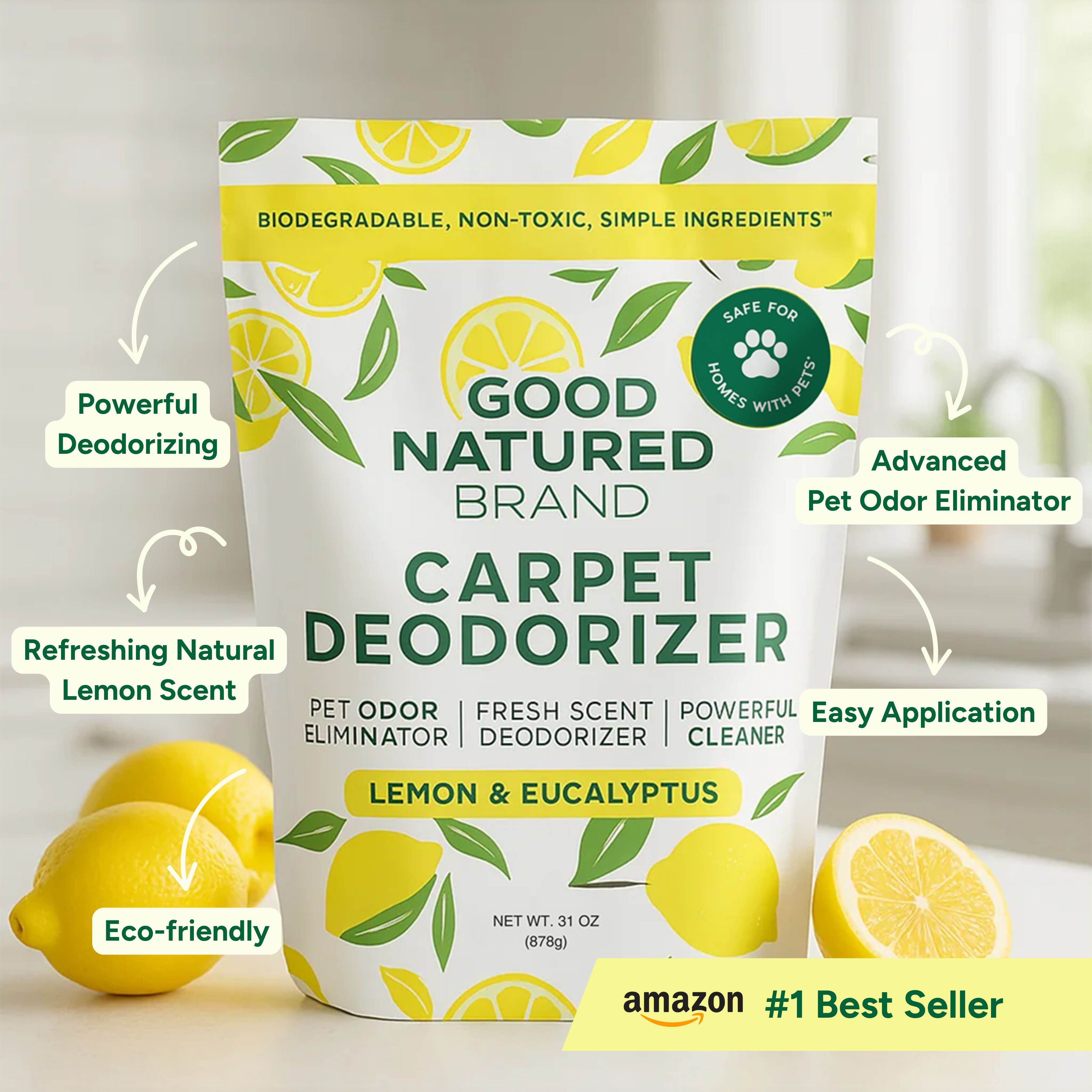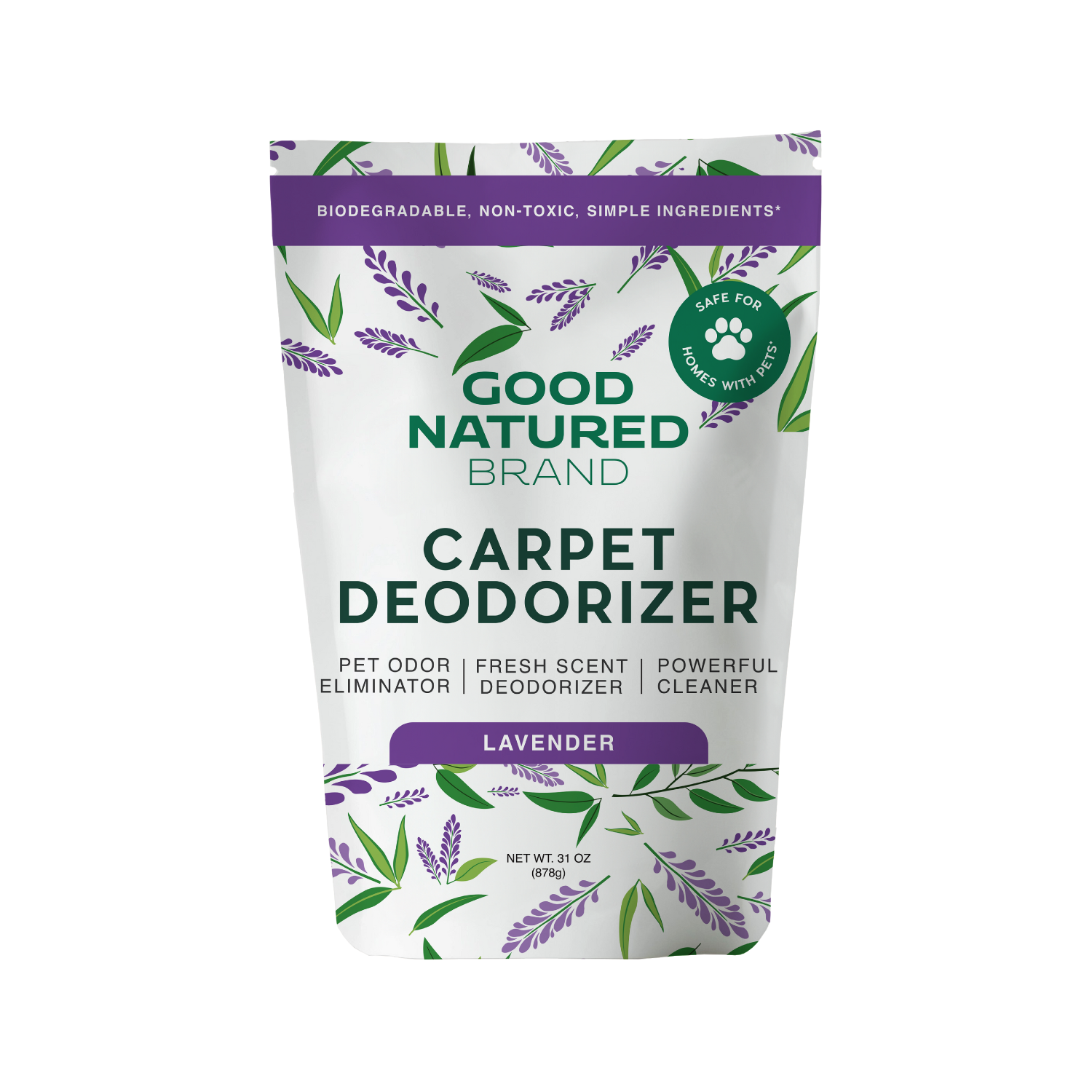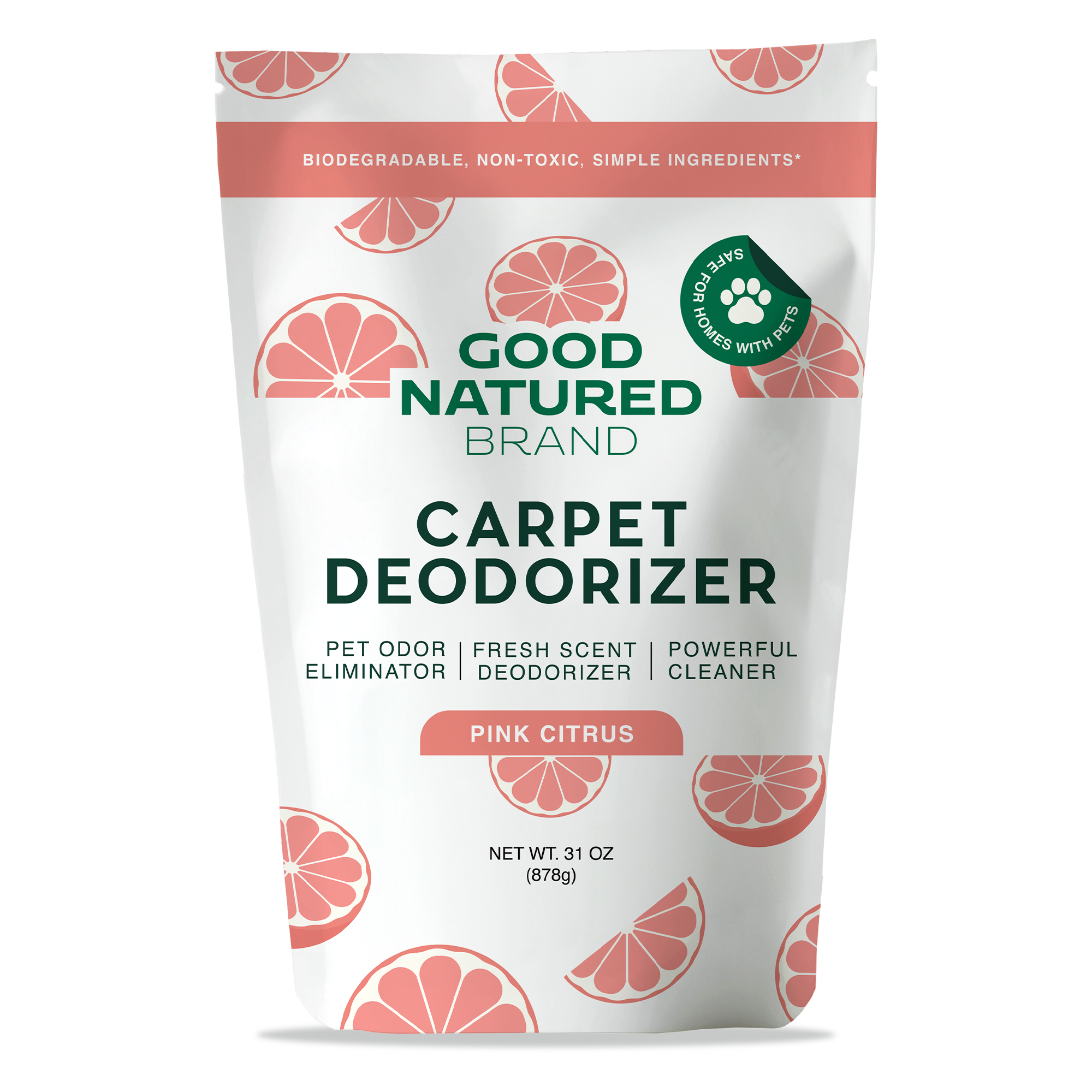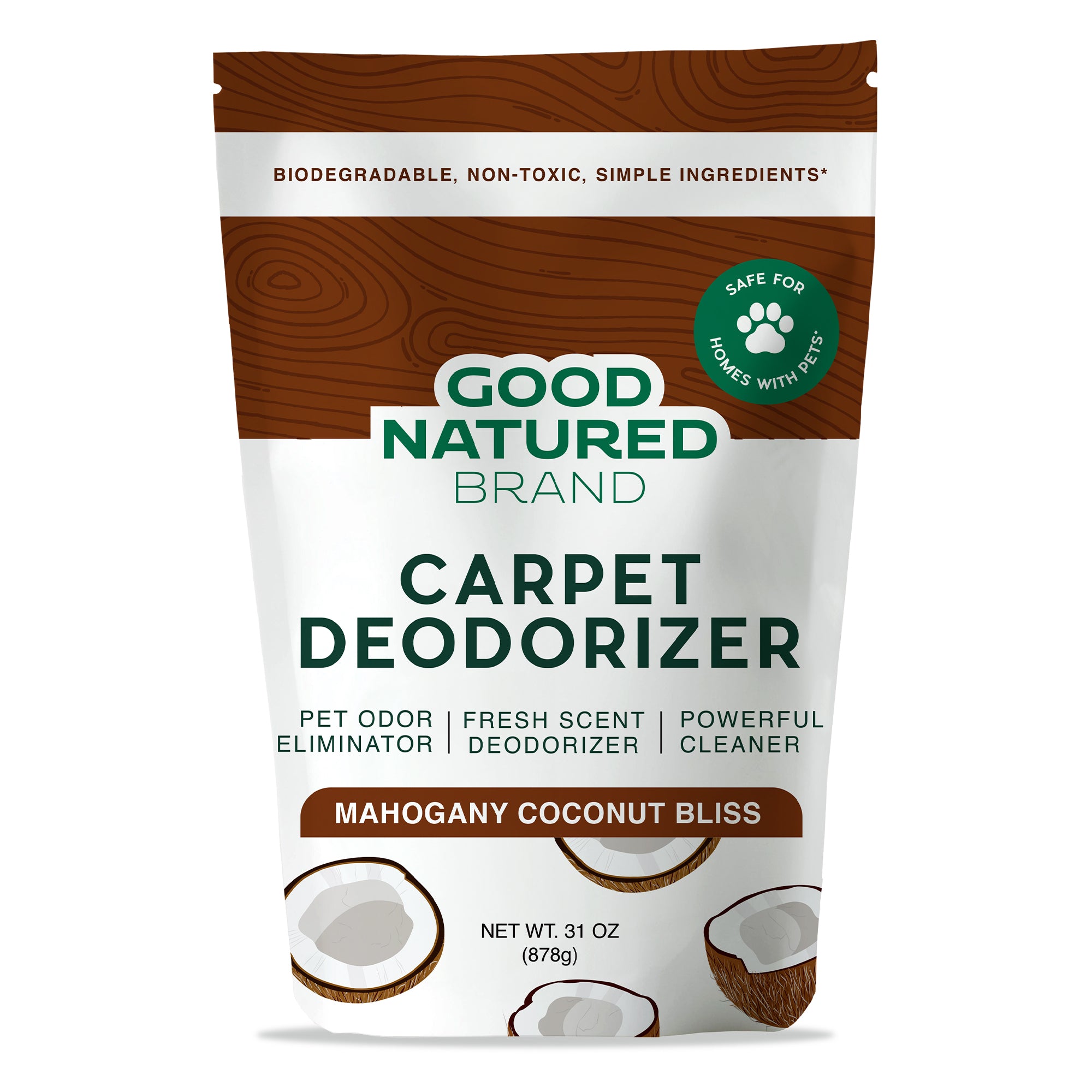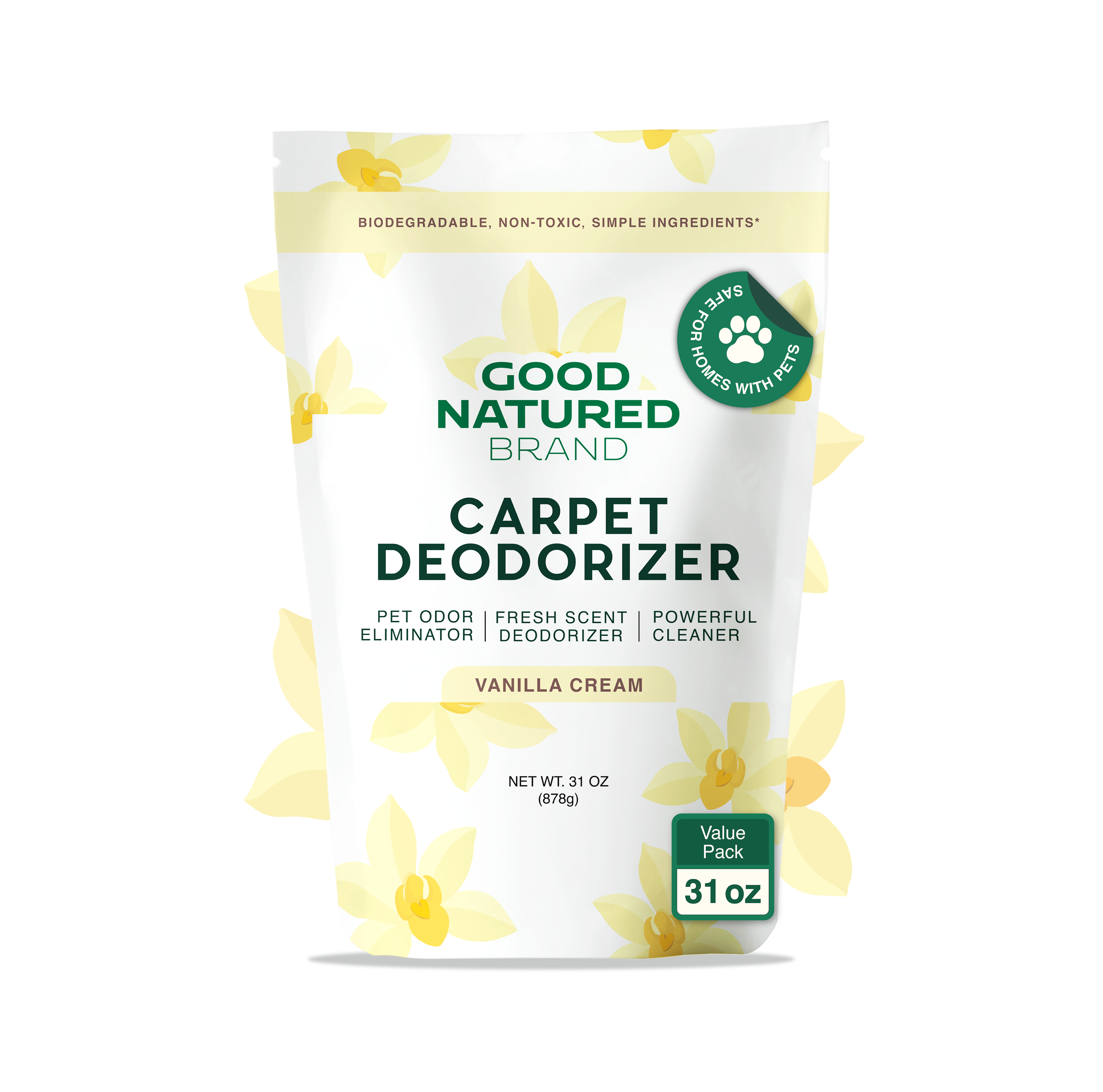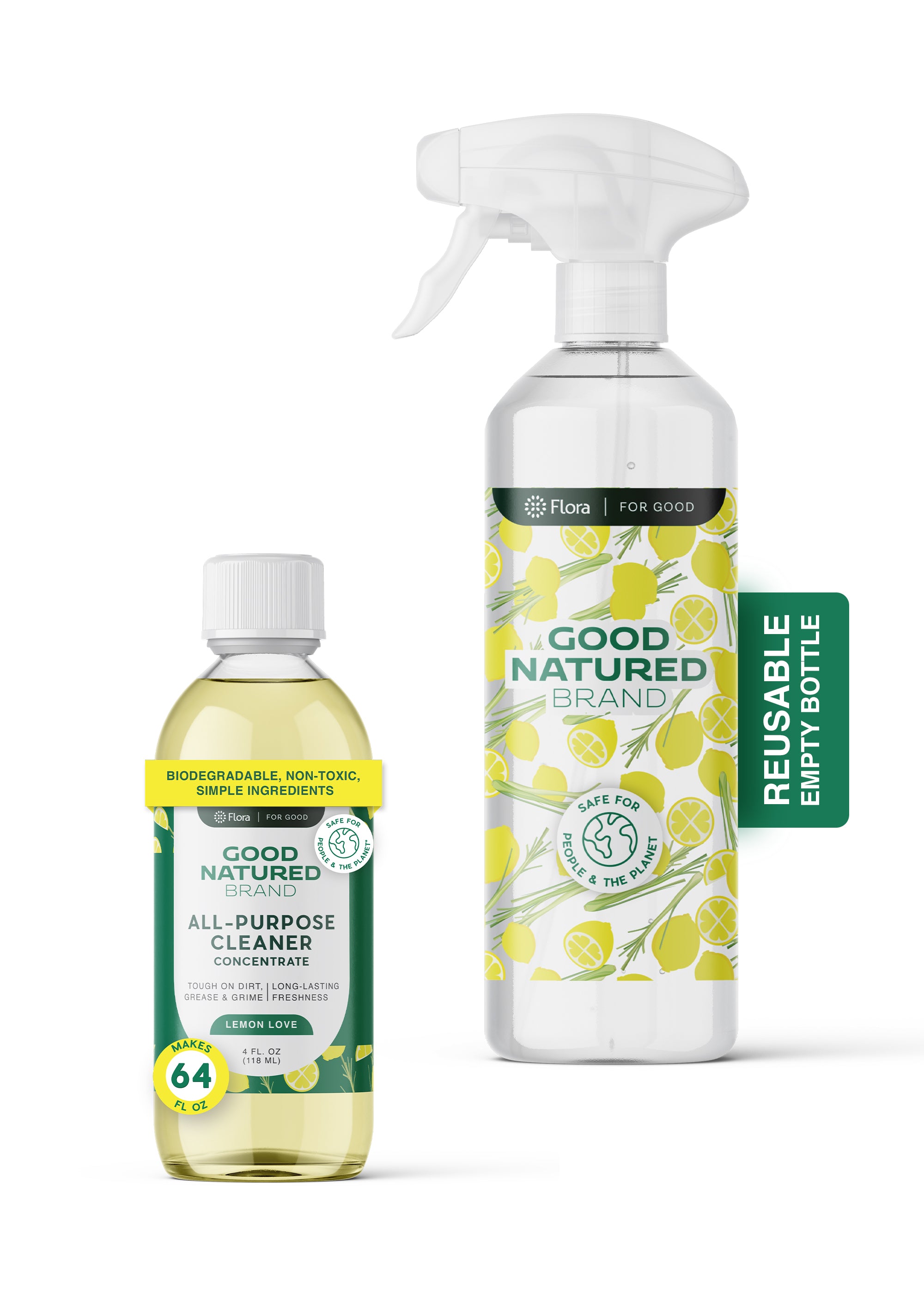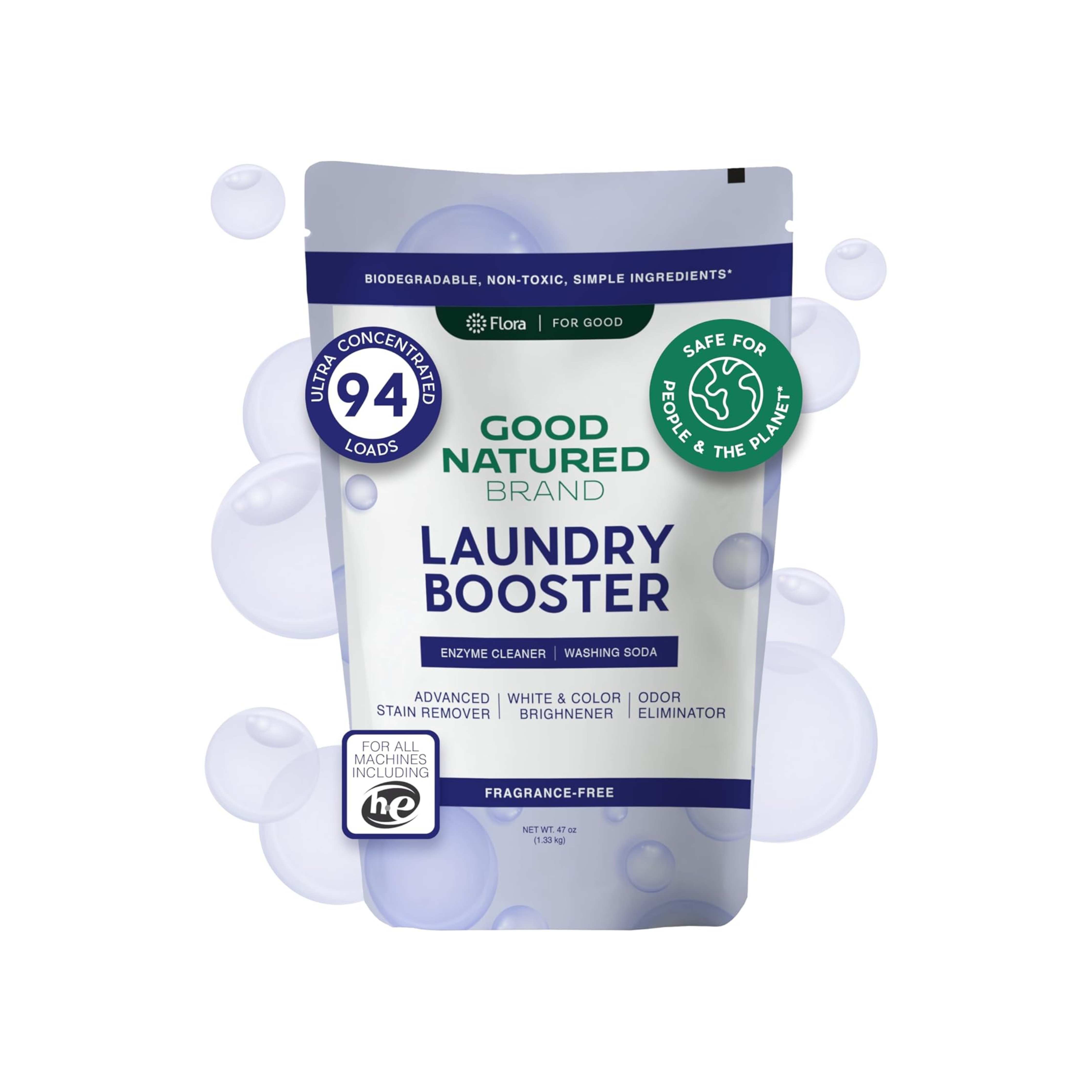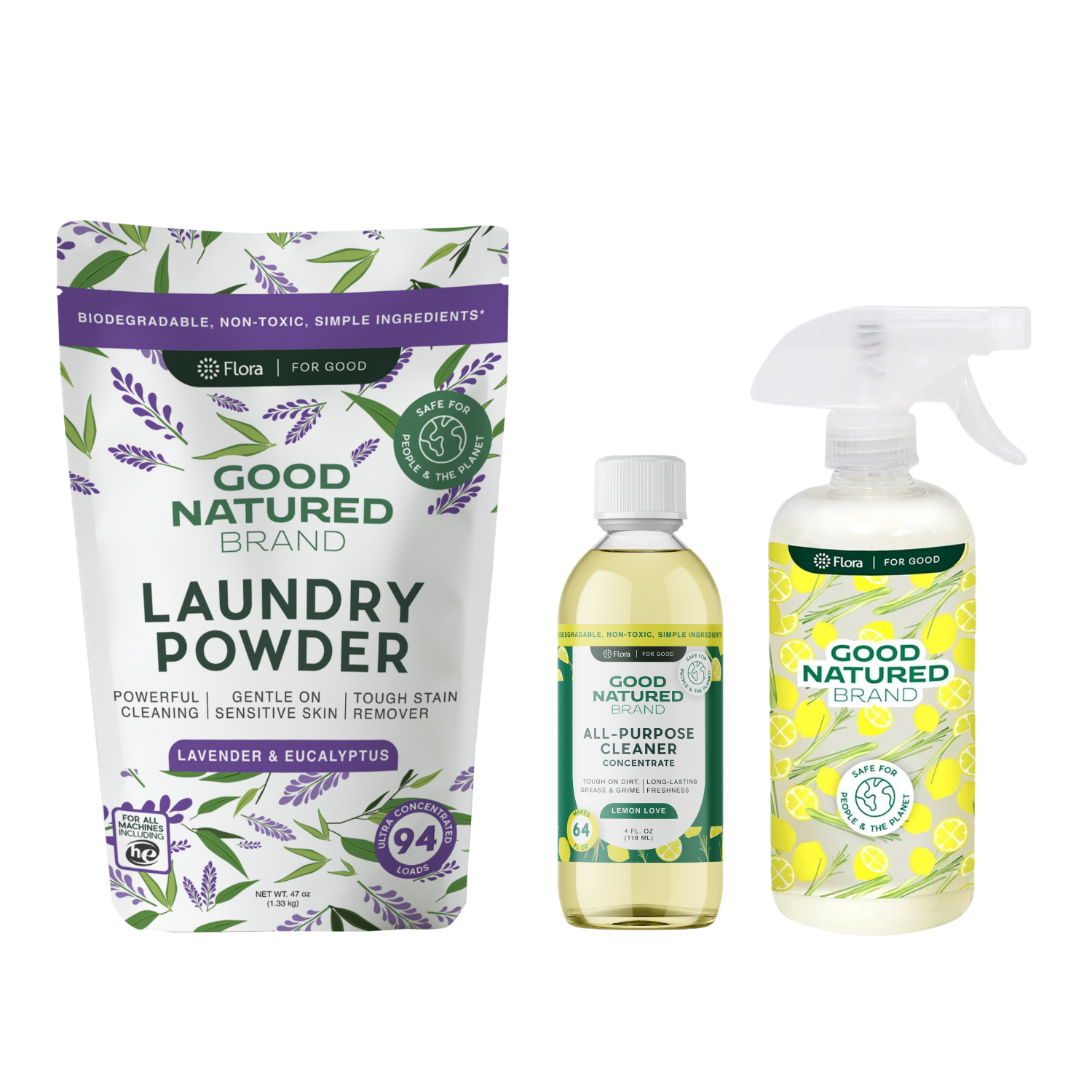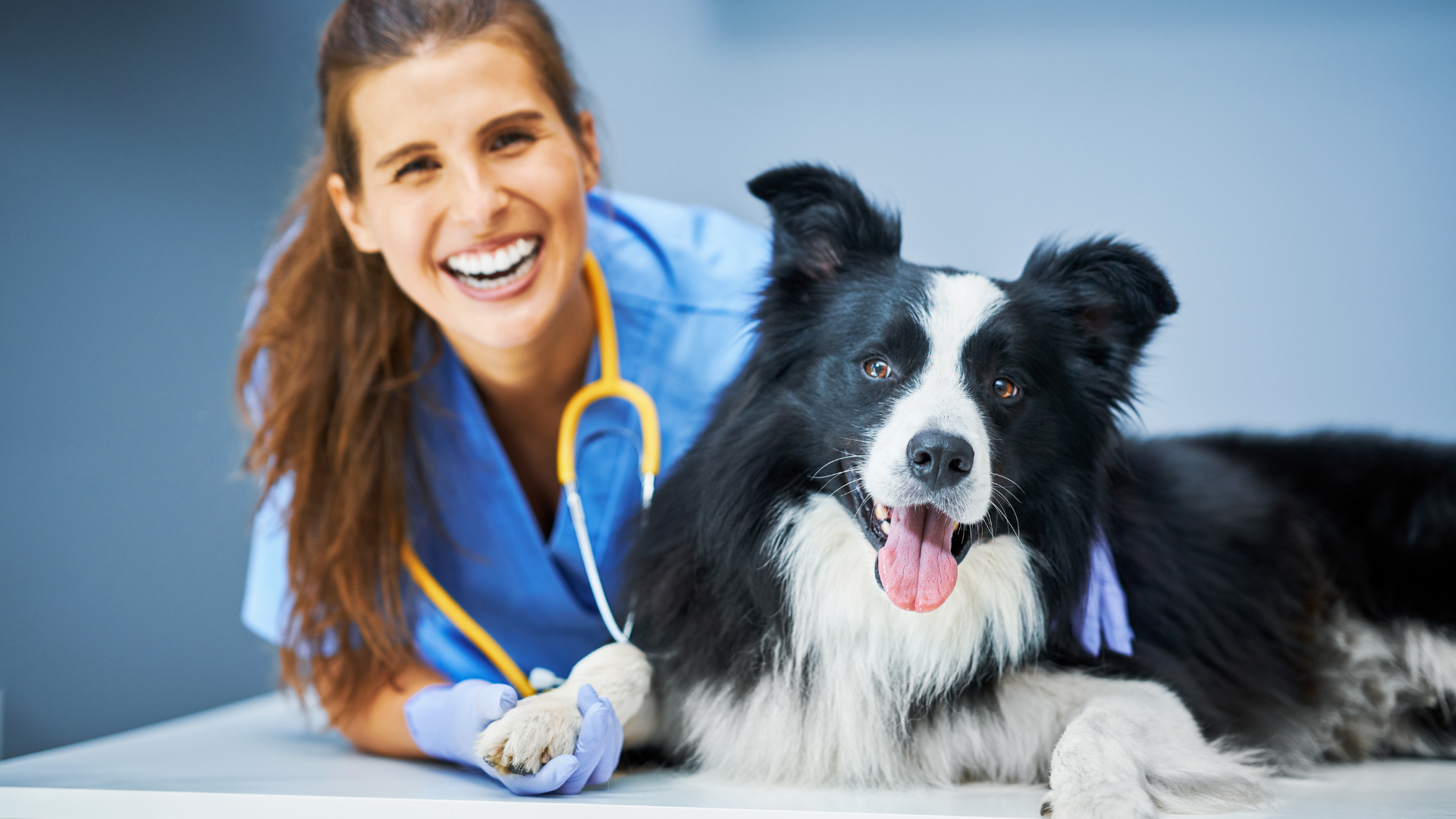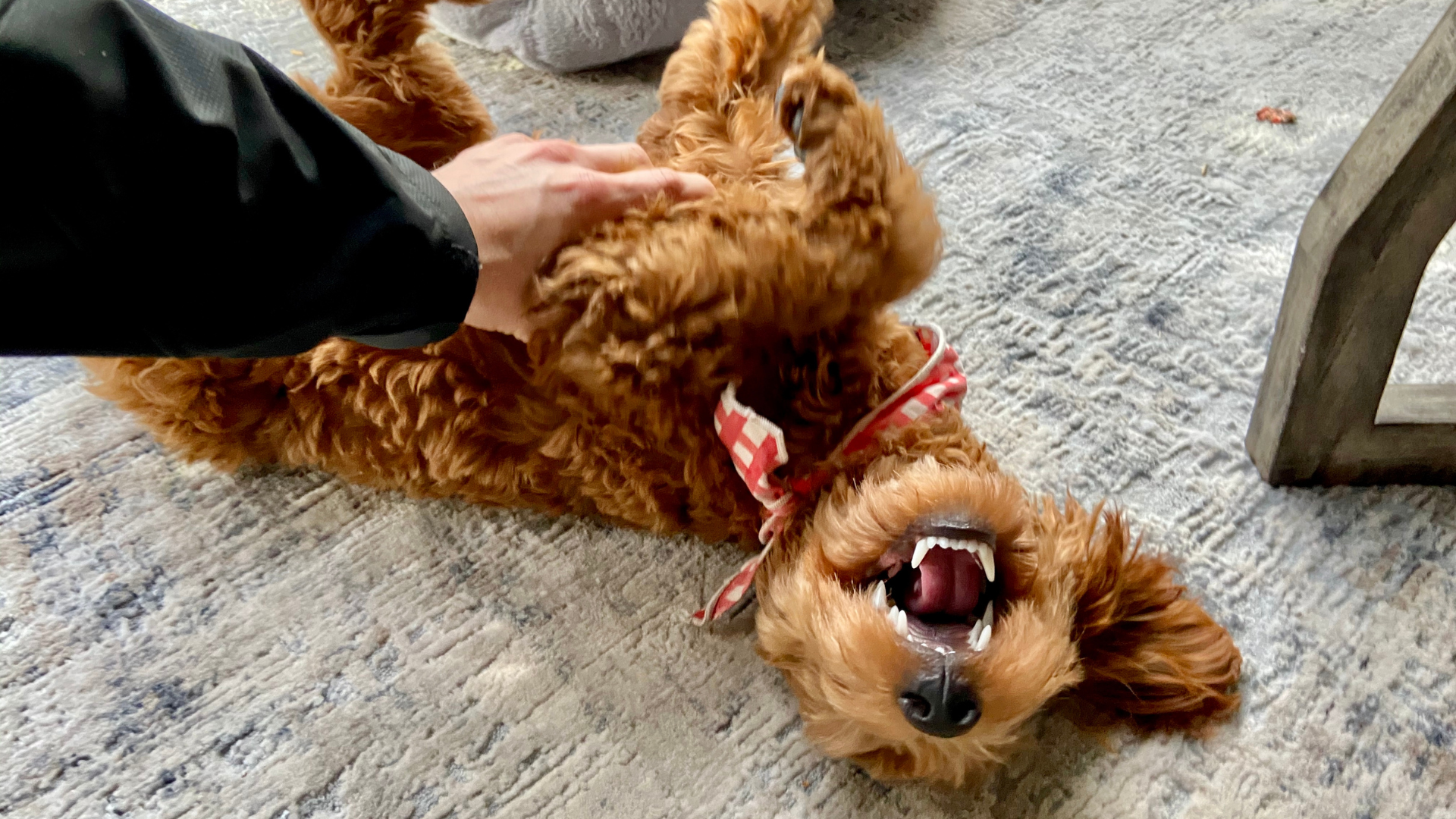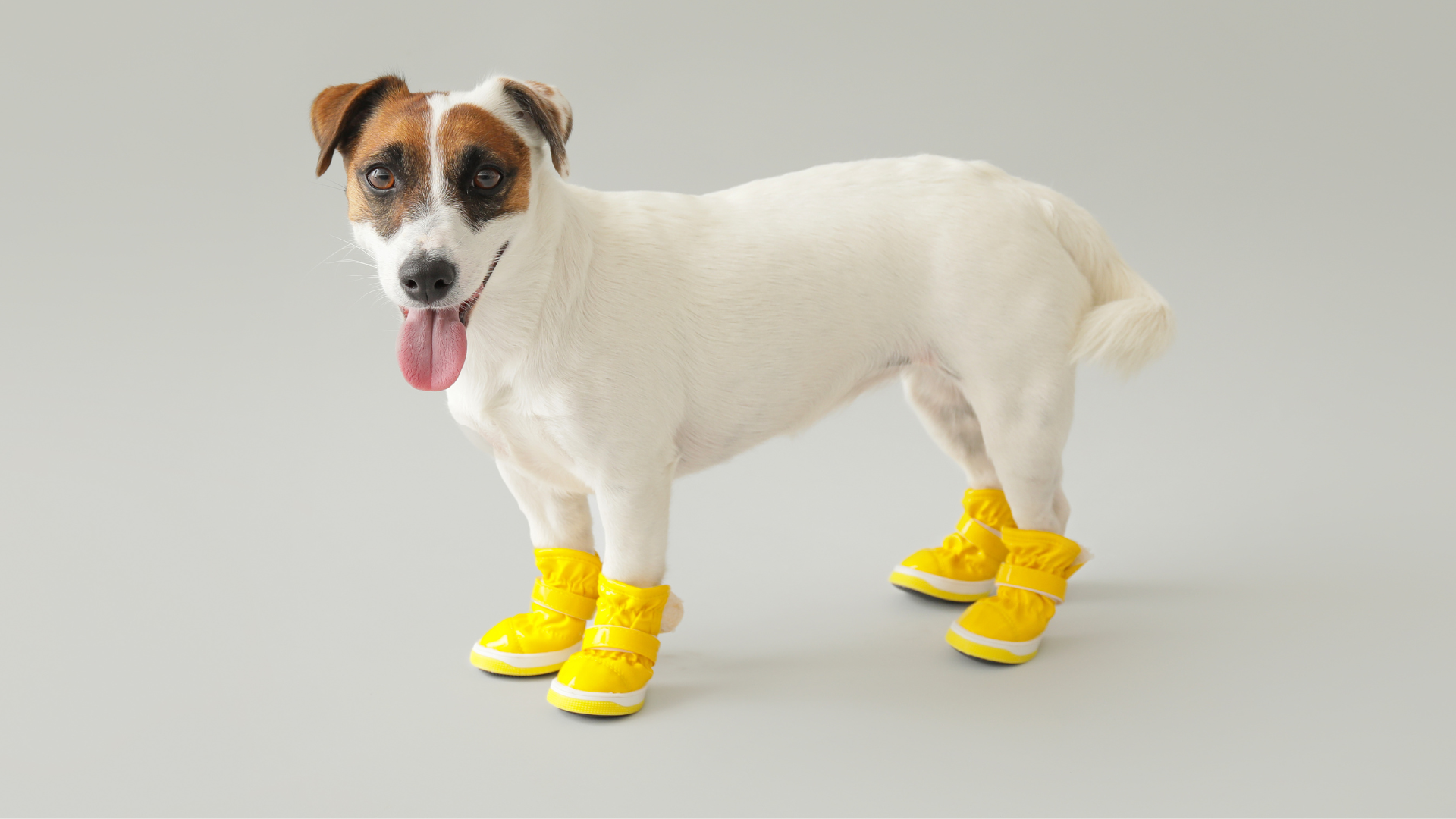Bringing home a puppy is full of joy, but it can also come with its fair share of worries—especially when your pup suddenly refuses to eat. In the YouTube video “Why Your Puppy Won't Eat!? | Vet Explains” by Doctor Lindsay Butzer DVM, this common issue is broken down with practical, veterinarian-approved solutions. From environmental stress to picky behavior, Dr. Butzer explains the reasons behind mealtime struggles and shares actionable tips to help your puppy develop healthy eating habits.
This blog expands on her insights to give you a complete guide to understanding and solving feeding challenges while keeping your puppy’s health front and center.
Why Puppies Can’t Go Without Food for Long
Unlike adult dogs, puppies have small bodies and fast metabolisms that require frequent refueling. Going longer than 12 hours without food can quickly lead to hypoglycemia (low blood sugar), which is especially dangerous for toy breeds and young puppies. Symptoms like weakness, shaking, or lethargy require immediate attention.
If your puppy hasn’t eaten in half a day, it’s time to take the situation seriously and identify the root cause.
The Role of Environment in Puppy Feeding
Transitioning to a new home is overwhelming for a puppy. Unfamiliar smells, loud noises, and new faces can easily disrupt their appetite. Creating a quiet and calm feeding environment is often the first step to success.
Set up your puppy’s feeding spot in a low-traffic area of the home. Avoid hovering, as your presence might add pressure. Once your pup feels safe and settled, mealtime becomes less stressful.
And remember—accidents and messes are part of raising a puppy. Products like our All-Purpose Cleaners and Carpet Deodorizers are perfect for keeping your space fresh during this adjustment period.
Choosing the Right Food Size and Type
Not all kibble is created equal. Small breeds often struggle with large pieces, while bigger pups may ignore tiny bites. Likewise, a puppy accustomed to wet food may resist dry kibble.
Whenever possible, consult your breeder or shelter about your puppy’s previous diet. Gradual transitions help avoid sudden refusals and digestive upset. If needed, moisten dry kibble with warm water or mix in a small portion of their familiar food.
How to Make Food More Appealing
Sometimes, it takes a little creativity to entice a puppy to eat. Dr. Butzer suggests adding:
-
Shredded plain chicken
-
Warm goat’s milk
-
Bone broth (low sodium, no seasoning)
These additions make meals smell and taste more appealing while offering extra hydration. Just be sure to avoid overly rich or fatty foods, which can upset a puppy’s sensitive stomach.
Recognizing Puppy Picky Behavior
Around three to four months, puppies may start showing what Dr. Butzer calls “attitude.” They become aware of routines and may hold out for preferred activities like walks or playtime instead of eating.
This stage is normal. The best approach? Stay consistent. Offer meals at regular times, avoid constant food changes, and remove uneaten food after a short window to prevent grazing.
During this phase, you may also notice more cleanup—whether from spilled food or little accidents. That’s where Laundry Powders and All-Purpose Cleaners come in handy for tackling puppy messes.
Using Activity and Training to Boost Appetite
Exercise is a natural appetite stimulant. A short walk or a few minutes of play before mealtime can help your puppy burn energy and feel ready to eat.
Dr. Butzer also recommends turning mealtime into a positive training opportunity. Simple commands like “sit” or “paw” paired with food rewards create a fun, structured environment that encourages eating.
When to Worry About Illness
While many cases of food refusal are behavioral or environmental, it’s important to stay alert for warning signs of illness. Seek veterinary care immediately if your puppy shows symptoms like:
-
Persistent lethargy
-
Vomiting
-
Diarrhea
-
Refusal to eat beyond 12 hours
These could signal infections, digestive issues, or other health conditions that require professional attention.
Final Thoughts
Feeding challenges are one of the most common concerns for new pet parents, but with patience, consistency, and the right strategies, most puppies quickly adapt. As highlighted in “Why Your Puppy Won't Eat!? | Vet Explains” by Doctor Lindsay Butzer DVM, the keys are understanding your puppy’s unique needs, creating a calm environment, and knowing when to seek veterinary care.
With the right approach, mealtime becomes a positive experience that sets the foundation for lifelong healthy eating habits. And while you focus on your puppy’s well-being, let Carpet Deodorizers, Laundry Powders, and All-Purpose Cleaners keep your home fresh and welcoming.
For more pet care advice and eco-friendly home tips, visit our main page or explore the Good Natured Brand Blog.
